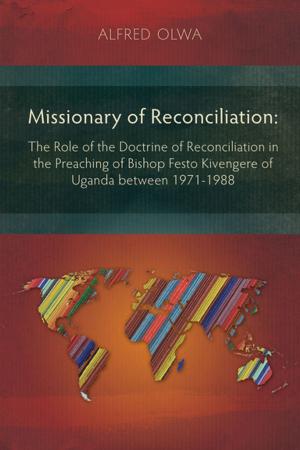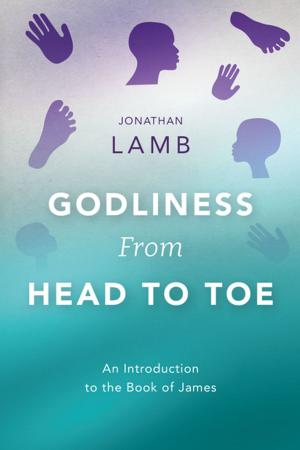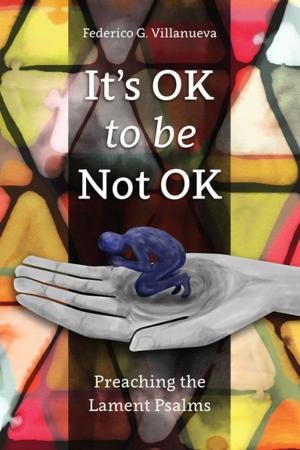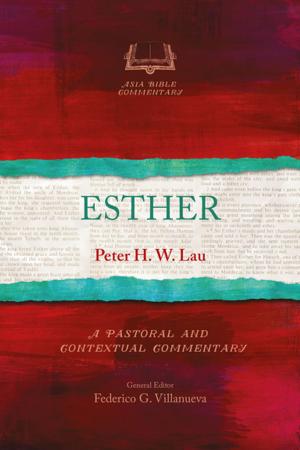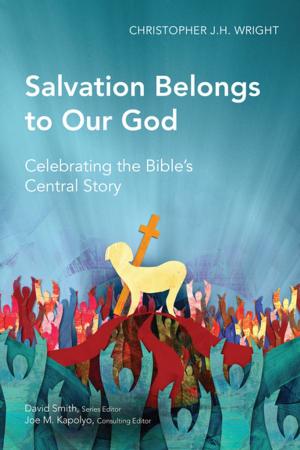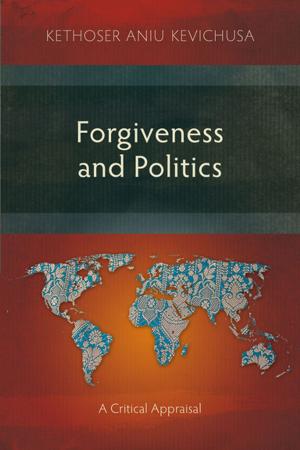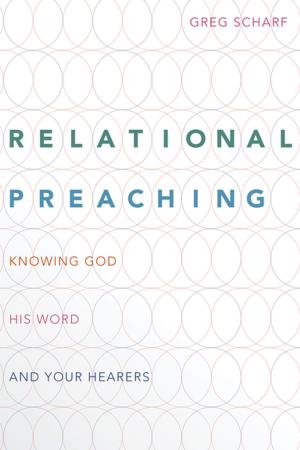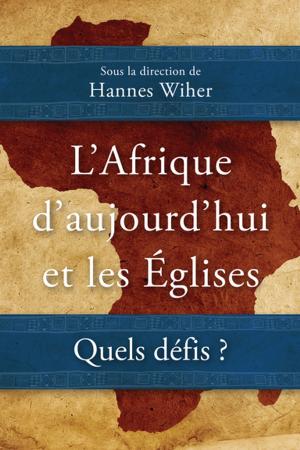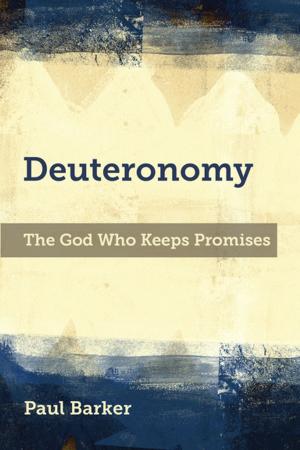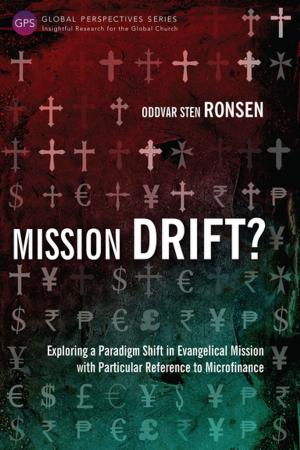Brother Bakht Singh
Theologian and Father of the Indian Independent Christian Church Movement
Nonfiction, Religion & Spirituality, Christianity, Church| Author: | B. E. Bharathi Nuthalapati | ISBN: | 9781783682539 |
| Publisher: | Langham Creative Projects | Publication: | March 14, 2017 |
| Imprint: | Langham Monographs | Language: | English |
| Author: | B. E. Bharathi Nuthalapati |
| ISBN: | 9781783682539 |
| Publisher: | Langham Creative Projects |
| Publication: | March 14, 2017 |
| Imprint: | Langham Monographs |
| Language: | English |
Brother Bakht Singh Chabra, a Sikh convert, was one of the foremost evangelists and Bible teachers in India. Bakht Singh was well known as a pioneer in gospel contextualization and a proponent of indigenous Indian churches. The movement and assemblies he established were often viewed as splinter groups from mainstream churches and many considered his teachings and theology as negatively syncretic. In this publication, Dr Bharathi Nuthalapati establishes that Bakht Singh’s theology was rooted in the Indian spirituality of experience through personal relationship and devotion to God or Bhakti. Brother Singh Christianized Bhakti and in his hands Bhakti became a Christian idiom. The author also analyzes how pre-Christian, Sikh elements persisted in Bakht Singh’s movement while remaining theologically orthodox, as well as how various aspects of Indian religiosity and biblical and western Christianity were adopted, rejected, reinterpreted, or revolutionized in his movement.
Brother Bakht Singh Chabra, a Sikh convert, was one of the foremost evangelists and Bible teachers in India. Bakht Singh was well known as a pioneer in gospel contextualization and a proponent of indigenous Indian churches. The movement and assemblies he established were often viewed as splinter groups from mainstream churches and many considered his teachings and theology as negatively syncretic. In this publication, Dr Bharathi Nuthalapati establishes that Bakht Singh’s theology was rooted in the Indian spirituality of experience through personal relationship and devotion to God or Bhakti. Brother Singh Christianized Bhakti and in his hands Bhakti became a Christian idiom. The author also analyzes how pre-Christian, Sikh elements persisted in Bakht Singh’s movement while remaining theologically orthodox, as well as how various aspects of Indian religiosity and biblical and western Christianity were adopted, rejected, reinterpreted, or revolutionized in his movement.

